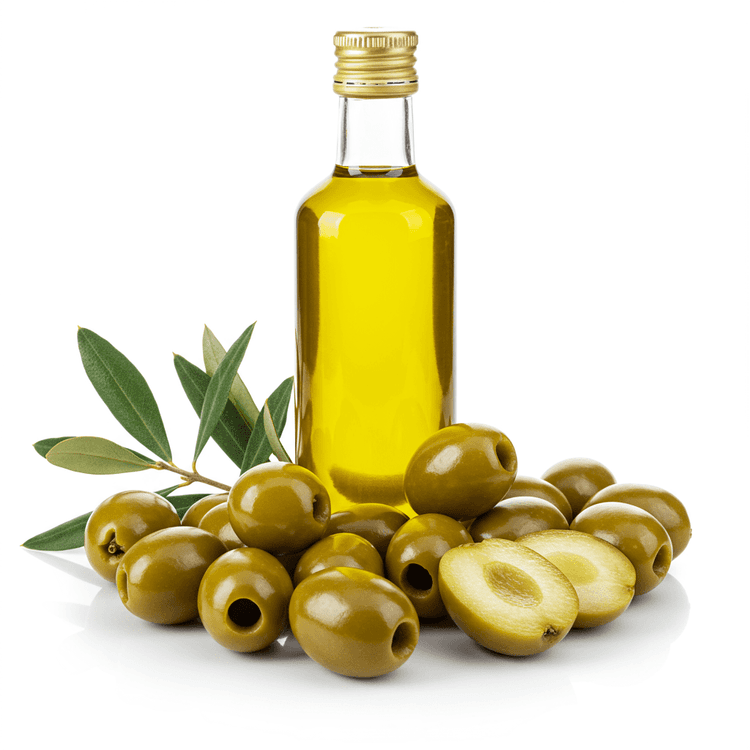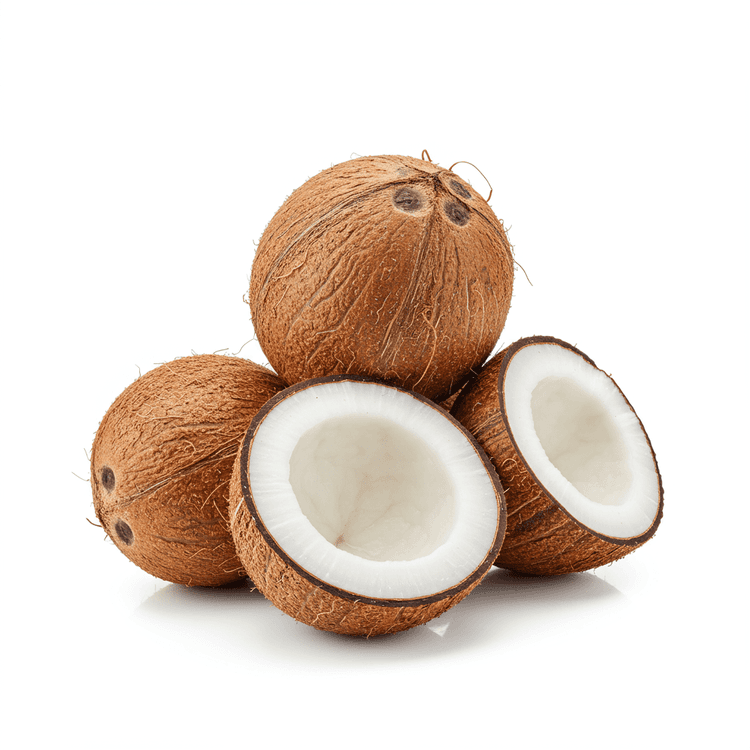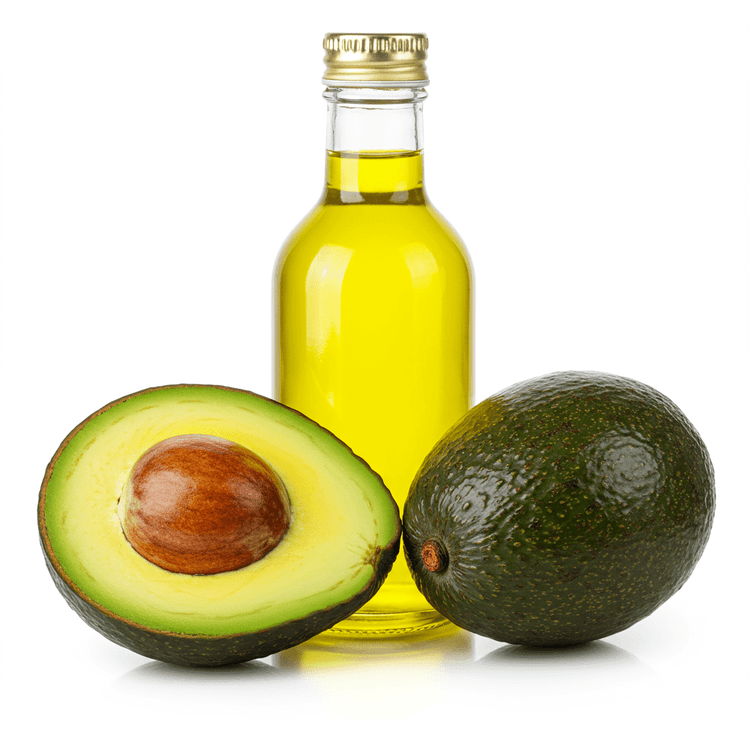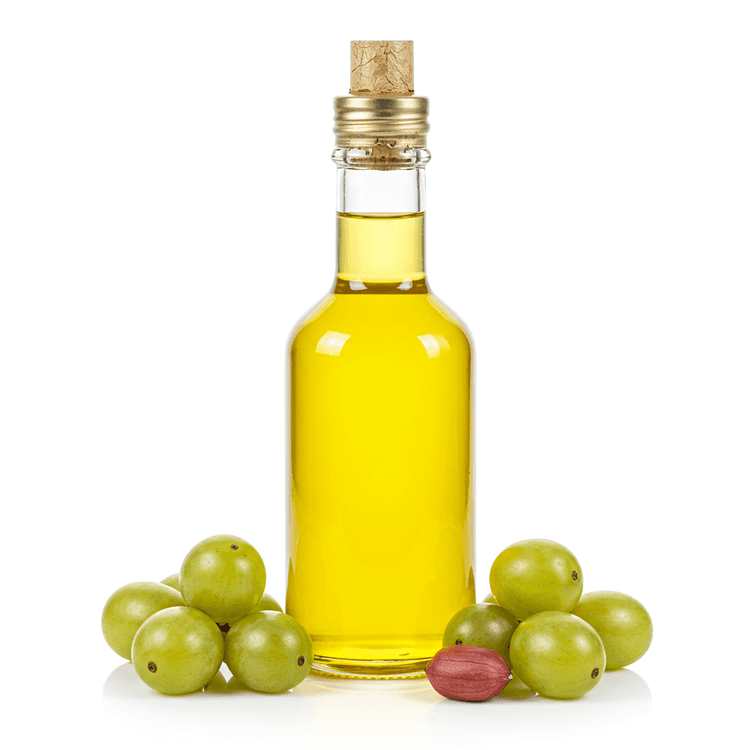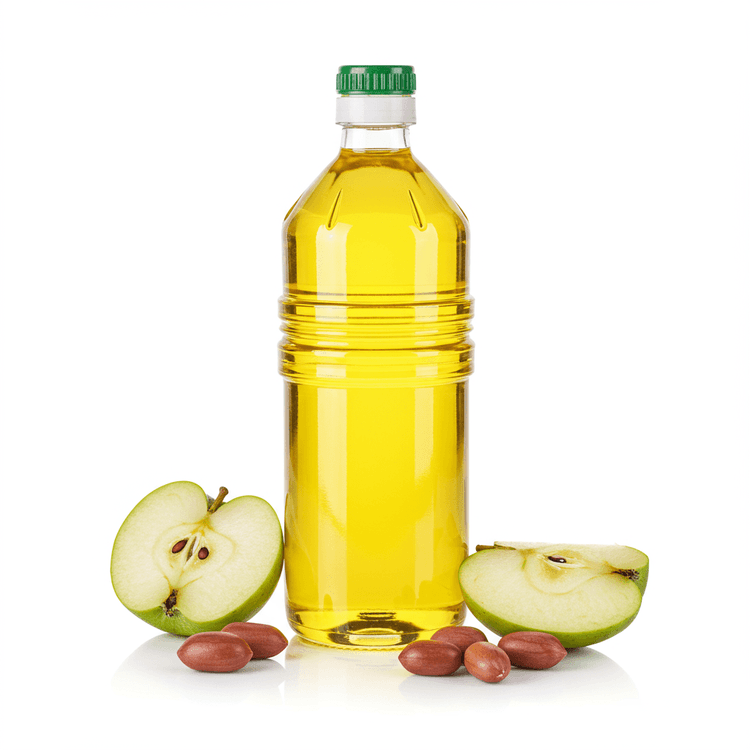
Cooking Oil
Cooking oil is a versatile kitchen staple, essential for frying, sautéing, baking, and dressing. Typically clear and liquid at room temperature, it boasts a neutral to subtly nutty or fruity flavor depending on its source (e.g., olive oil, vegetable oil, canola oil). Different types of cooking oil offer varying smoke points and fat profiles, making some better suited for high-heat cooking than others. Finding the right type of cooking oil is key to achieving the desired flavor, texture, and health benefits in your dishes.
Common Uses
- For frying foods to achieve crispy, golden textures: Using cooking oil like peanut or canola oil at high temperatures creates deliciously crunchy coatings on foods such as french fries, fried chicken, and tempura.
- As a base for sauteing vegetables and meats: Heating a small amount of cooking oil like olive or coconut oil in a pan allows vegetables and meats to cook evenly, developing their flavors and preventing them from sticking.
- For baking cakes and pastries to add moisture and richness: Incorporating cooking oil, such as vegetable oil or avocado oil, into cake and pastry batters helps create moist, tender, and flavorful baked goods.
- As a key ingredient in salad dressings and marinades: Mixing cooking oil, like extra virgin olive oil, with vinegar, herbs, and spices creates delicious and healthy dressings for salads and flavorful marinades for meats and vegetables.
- To grease pans to prevent food from sticking: Applying a thin layer of cooking oil using a brush or spray helps to prevent cakes, breads, and other foods from sticking to baking pans, ensuring easy removal and clean results.
- Used to create infused oils: Gently heating herbs, spices, or chilies in cooking oil, such as olive oil, infuses the oil with their flavors, creating unique and flavorful additions to dishes.
Health Benefits
- May support heart health when using unsaturated oils like olive or avocado oil.
- Provides essential fatty acids, crucial for brain function and cell growth.
- Can aid in the absorption of fat-soluble vitamins (A, D, E, and K).
- Some oils, like coconut oil, contain medium-chain triglycerides (MCTs) potentially beneficial for weight management.
- Certain oils, like flaxseed oil, are a good source of omega-3 fatty acids.
Substitutes
Chefadora AI is here.
Experience smarter, stress-free cooking.
Storage Tips
Proper storage is crucial for maintaining the quality and flavor of cooking oil. Most cooking oils should be stored in a cool, dark place away from direct sunlight and heat. Once opened, keep the lid tightly sealed to prevent oxidation and rancidity. Refrigeration may be necessary for certain oils like flaxseed or nut oils to extend their shelf life. Avoid storing oil near strong-smelling foods, as it can absorb odors. Check the oil's appearance and smell before each use; discard if it smells off or appears cloudy.
Marnirni-apinthi Building, Lot Fourteen,
North Terrace, Adelaide, South Australia, 5000
Australia
